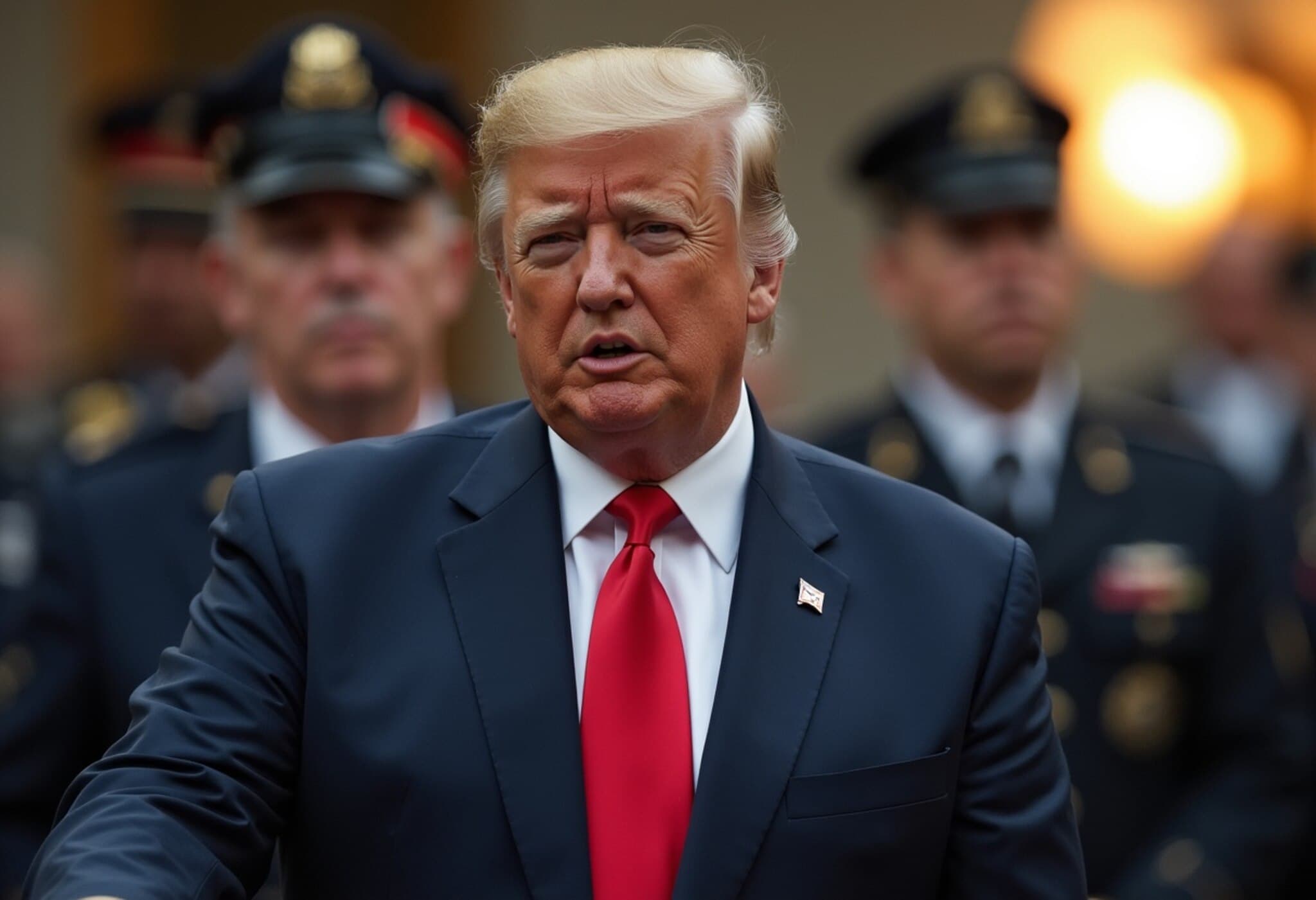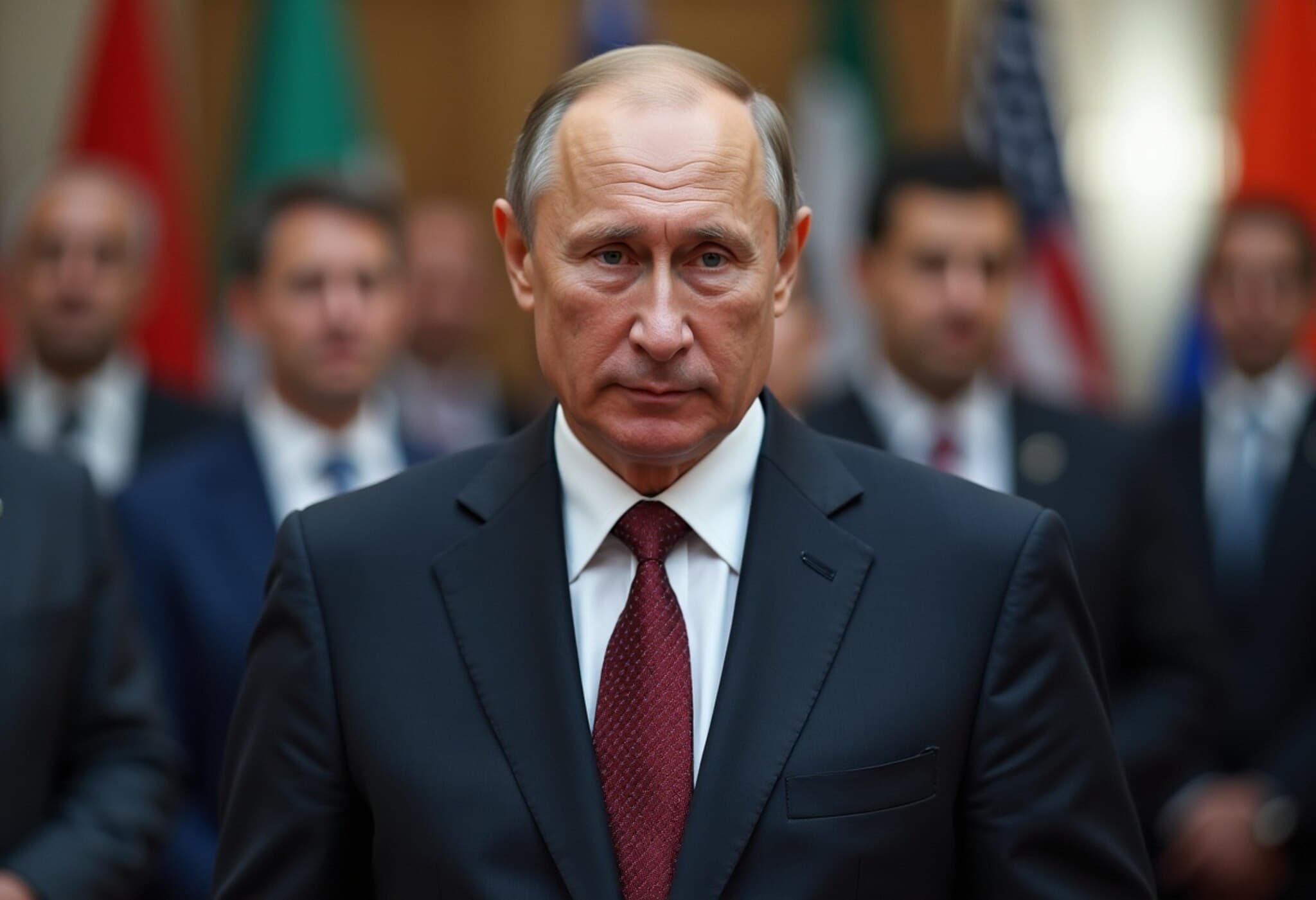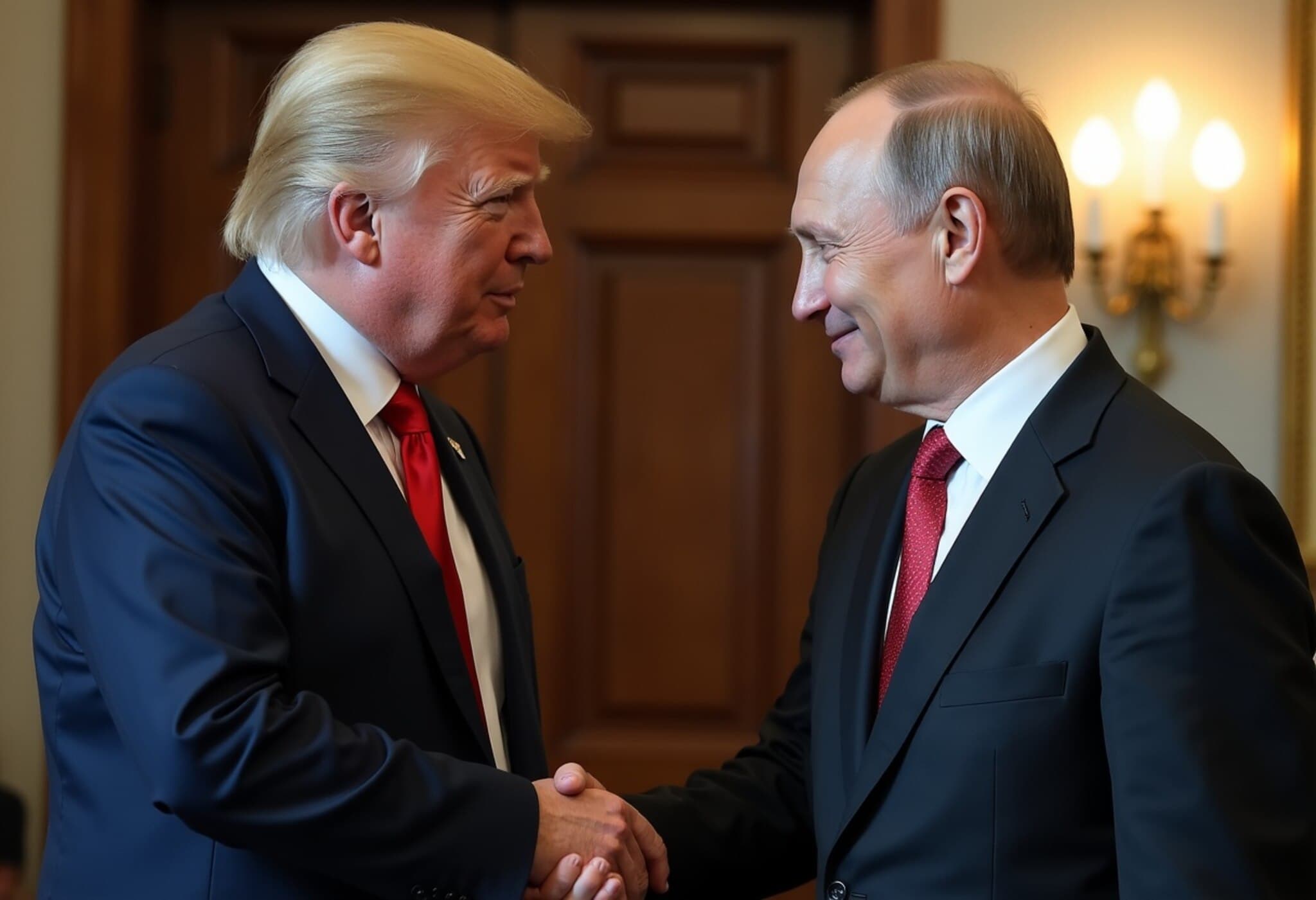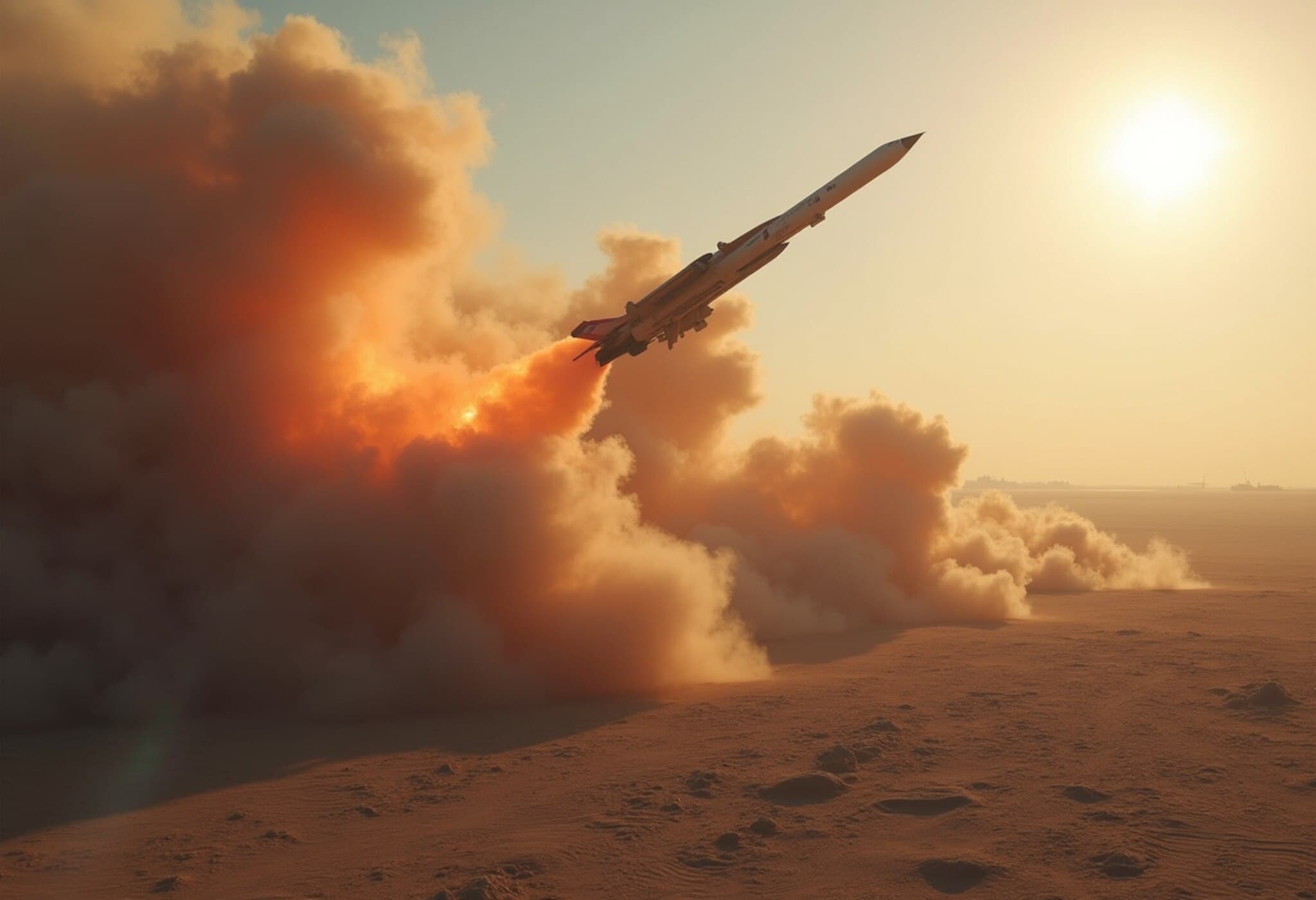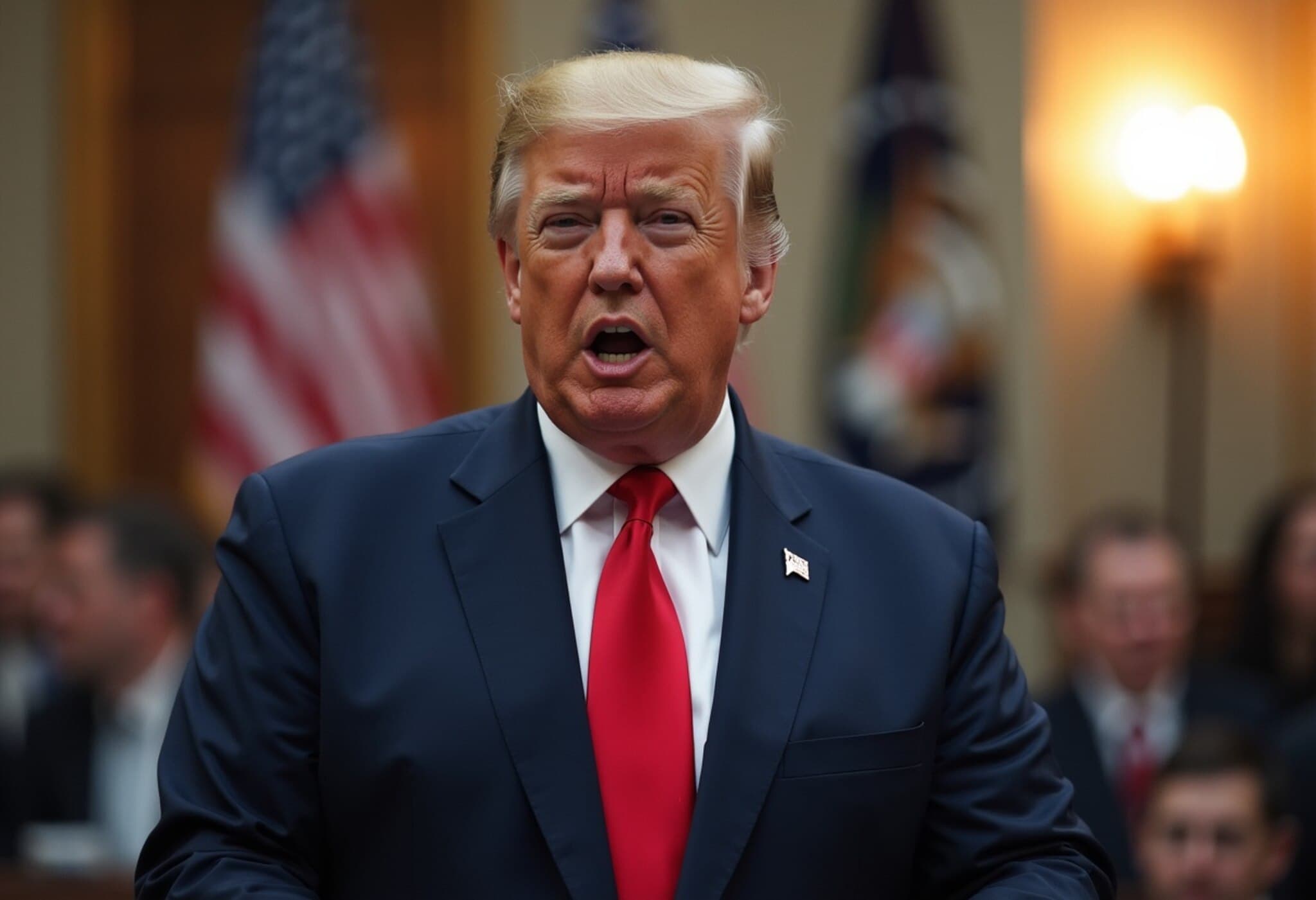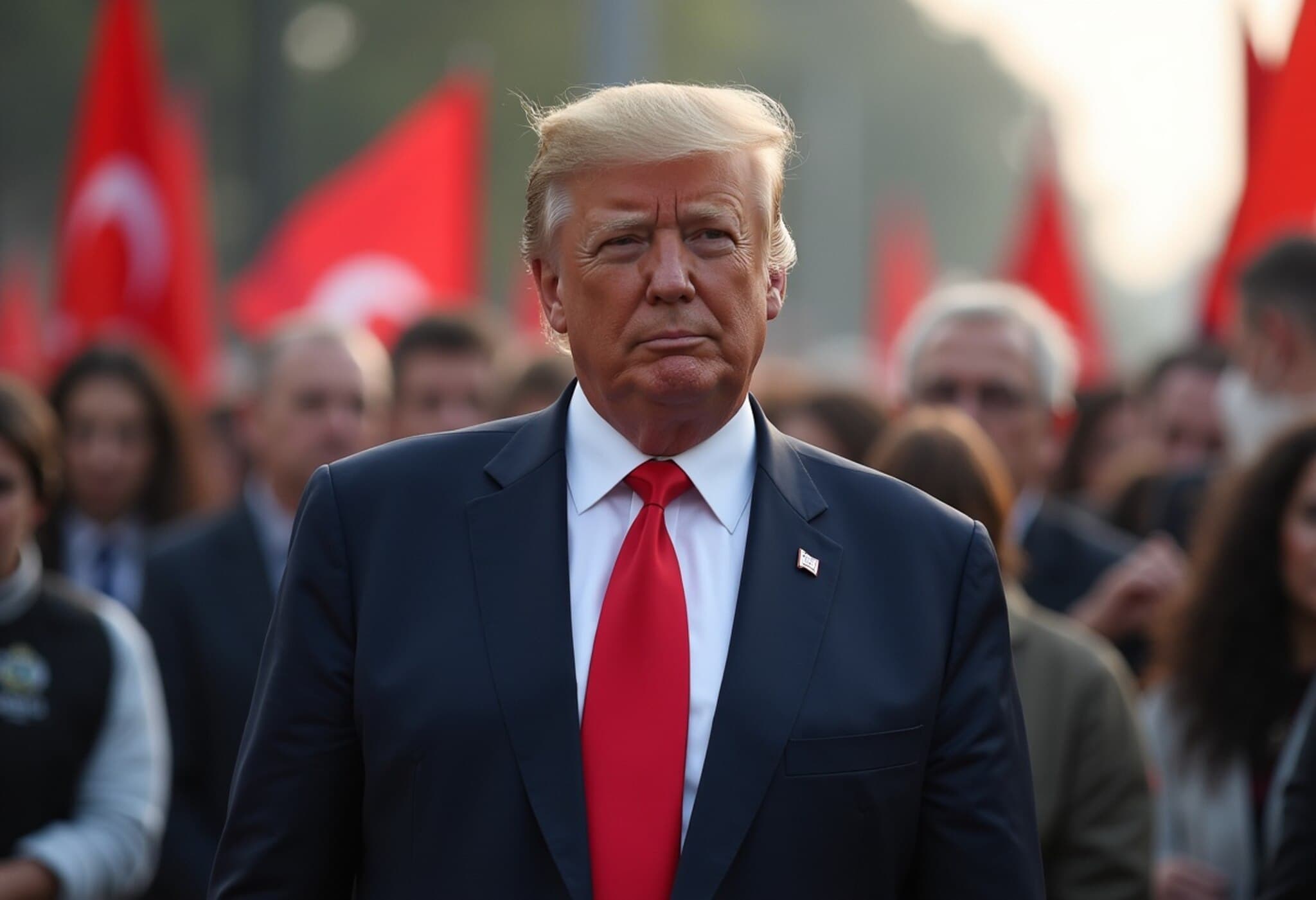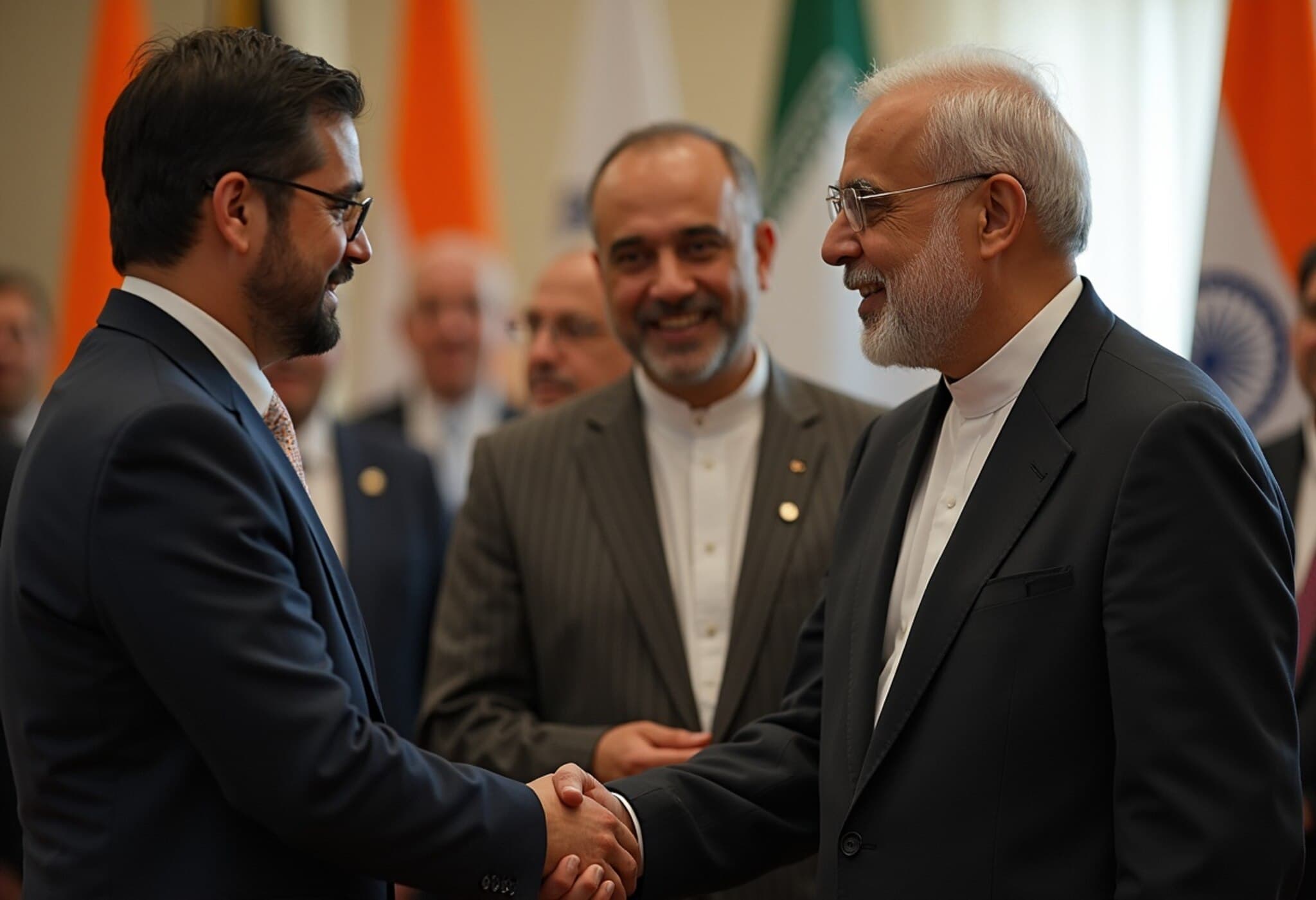Echoes of the Oslo Accord: A New Chapter in Middle East Peace Efforts?
In a surprising development, former US President Donald Trump has been nominated for the Nobel Peace Prize following his recent role in brokering a ceasefire between Israel and Iran. This gesture has revived memories of the seminal 1994 Oslo Accords, the only previous occasion the Nobel committee recognized a Middle East peace effort.
Trump’s Nomination and the Political Reaction
Recently, a US Representative put forward Trump's name for the Nobel Prize, crediting him with preventing Iran, considered the world’s largest state sponsor of terrorism, from acquiring nuclear weapons through decisive US military strikes. Trump himself has expressed frustration over being overlooked for the award, suggesting a political bias against him. His supporters cite his role in the 2020 Abraham Accords and the 2025 strikes on Iranian nuclear facilities as key achievements deserving recognition.
The 1994 Oslo Accords: A Landmark Yet Contentious Peace Initiative
The last time the Nobel Peace Prize honored Middle East peace efforts was in 1994 when Israeli Prime Minister Yitzhak Rabin, Foreign Minister Shimon Peres, and Palestinian leader Yasser Arafat were awarded for their pioneering Oslo Accords. These secret negotiations culminated in mutual recognition: Israel acknowledged the Palestine Liberation Organization (PLO) as the legitimate representative of Palestinians, and Arafat renounced terrorism, recognizing Israel’s right to exist peacefully.
The accords planned for Palestinian self-rule in parts of the West Bank and Gaza, alongside provisions for future negotiations to settle outstanding conflicts within five years. The iconic image of Arafat and Rabin shaking hands on the White House lawn, accompanied by President Bill Clinton, symbolized optimism for lasting peace.
Unfulfilled Promises and Lingering Challenges
Despite its historic significance, the Oslo Accords fell short of delivering a comprehensive solution. Palestinians criticized the arrangement for implicitly accepting ongoing Israeli settlement activity, which they viewed as undermining their sovereignty. Conversely, many Israelis remained wary of granting concessions to the PLO, still seen by many as a terrorist organization.
Key issues such as final borders, control of Jerusalem, and the right of return for Palestinian refugees remained unresolved. Political scientist Khalil Shikaki noted that the accords raised expectations on both sides that ultimately were not met, leading to widespread disillusionment.
Controversies Shadowing the Nobel Award
The decision to award Arafat alongside Rabin and Peres sparked immediate backlash. Some Nobel Committee members resigned in protest, citing Arafat’s history linked with violence and terrorism. Others questioned the lasting impact of the accords and scrutinized Peres’s later military actions, which seemed to contradict the ideals celebrated by the prize.
Aftermath: Collapse and Continued Conflict
Just months after the Oslo signing, tragic events unfolded that unraveled the peace process. A massacre in Hebron, a surge in violent attacks by groups like Hamas, and the assassination of Yitzhak Rabin by an Israeli extremist underscored the fragile nature of the accords. Rabin’s death marked a turning point, with his successor openly opposing the agreements and attacks persisting.
By the early 2000s, the Oslo framework had effectively collapsed, leaving the Middle East mired in conflict.
The Nobel Peace Prize: Symbolism Versus Reality
The Nobel Peace Prize has often been awarded not just for accomplished peace but also as encouragement toward it. Its laureates include figures with complex legacies—some rewarded despite later controversial actions, such as Kissinger and Le Duc Tho, or leaders involved in wars after their award like Menachem Begin. This underscores the prize’s dual role as recognition of progress and a beacon of hope.
Trump and the Path Forward
Joining an exclusive list of American presidents who received the Nobel Peace Prize, including Theodore Roosevelt, Woodrow Wilson, Jimmy Carter, and Barack Obama, Trump’s nomination is both celebrated and contested. While supporters point to his diplomatic breakthroughs and hardline stance on Iran, critics question whether these actions have brought the region any closer to lasting peace.
Juan Manuel Santos, the 2016 Nobel laureate awarded for ending Colombia’s civil war, expressed skepticism about awarding the prize preemptively, emphasizing that peace must be tangible and enduring.
Enduring Hopes Amid Continuing Strife
Three decades after Rabin’s vision of peace, the Middle East continues to witness violence and loss. Cemeteries mentioned by Rabin have multiplied across Gaza, Israel, the West Bank, Iran, and Lebanon, while the sounds of conflict replace the silence he once described.
For many, peace remains a distant but essential hope—not a prize or political accolade, but a profound necessity for future generations.

